Independent print magazines, books and other delightful things!
Conversations, gatherings and events around ideas that shape our everyday life.
Words by Fabiola Monteiro
Illustrations by Madhav Nair


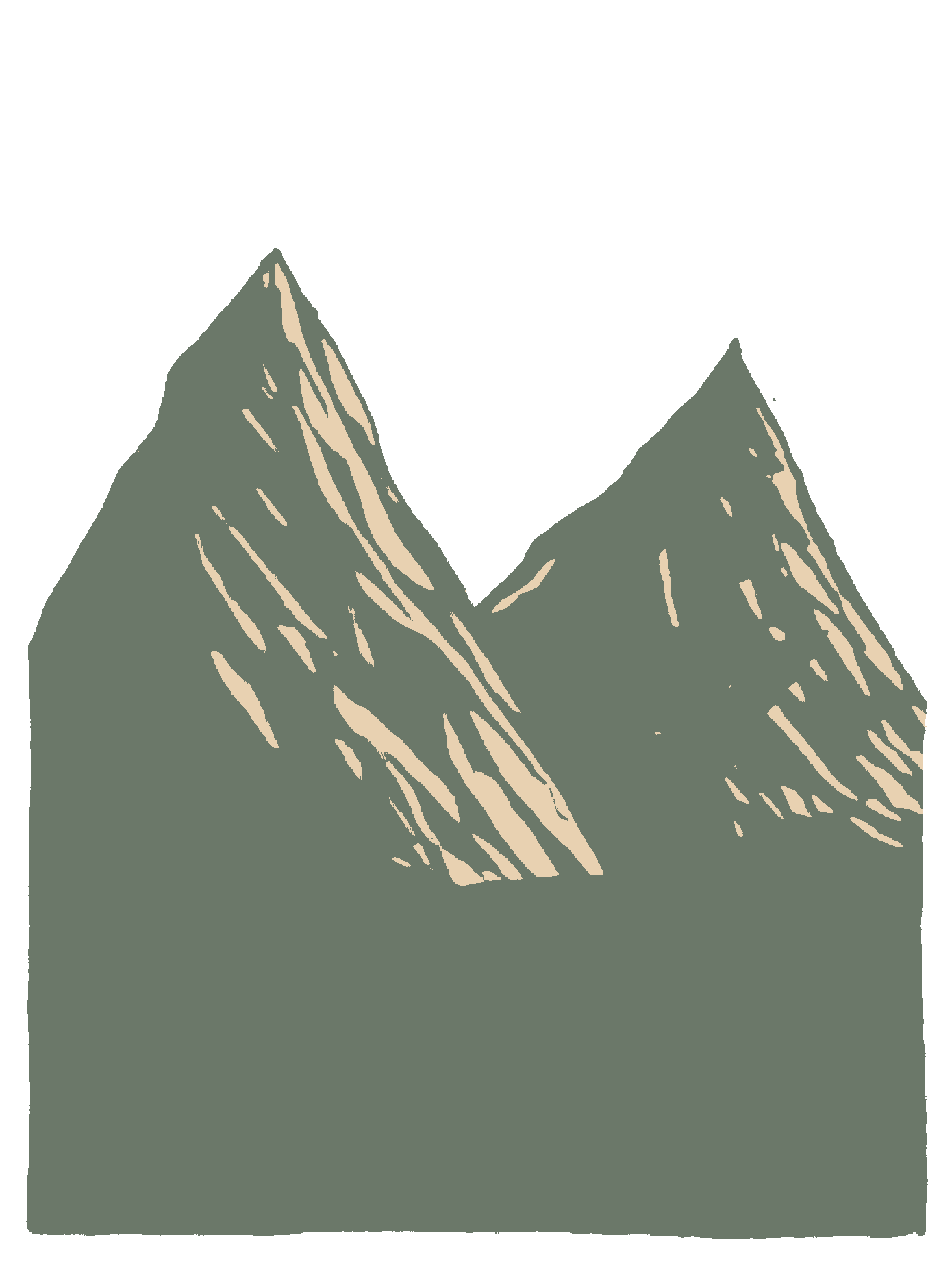


I’ve been staring out the window at the clouds a lot. It’s a welcome
break from the unending news and notifications that crowd my phone.
These days, there are many things I miss. Like dipping my feet
in the ocean. Or the scent of a pine forest in the mountains.

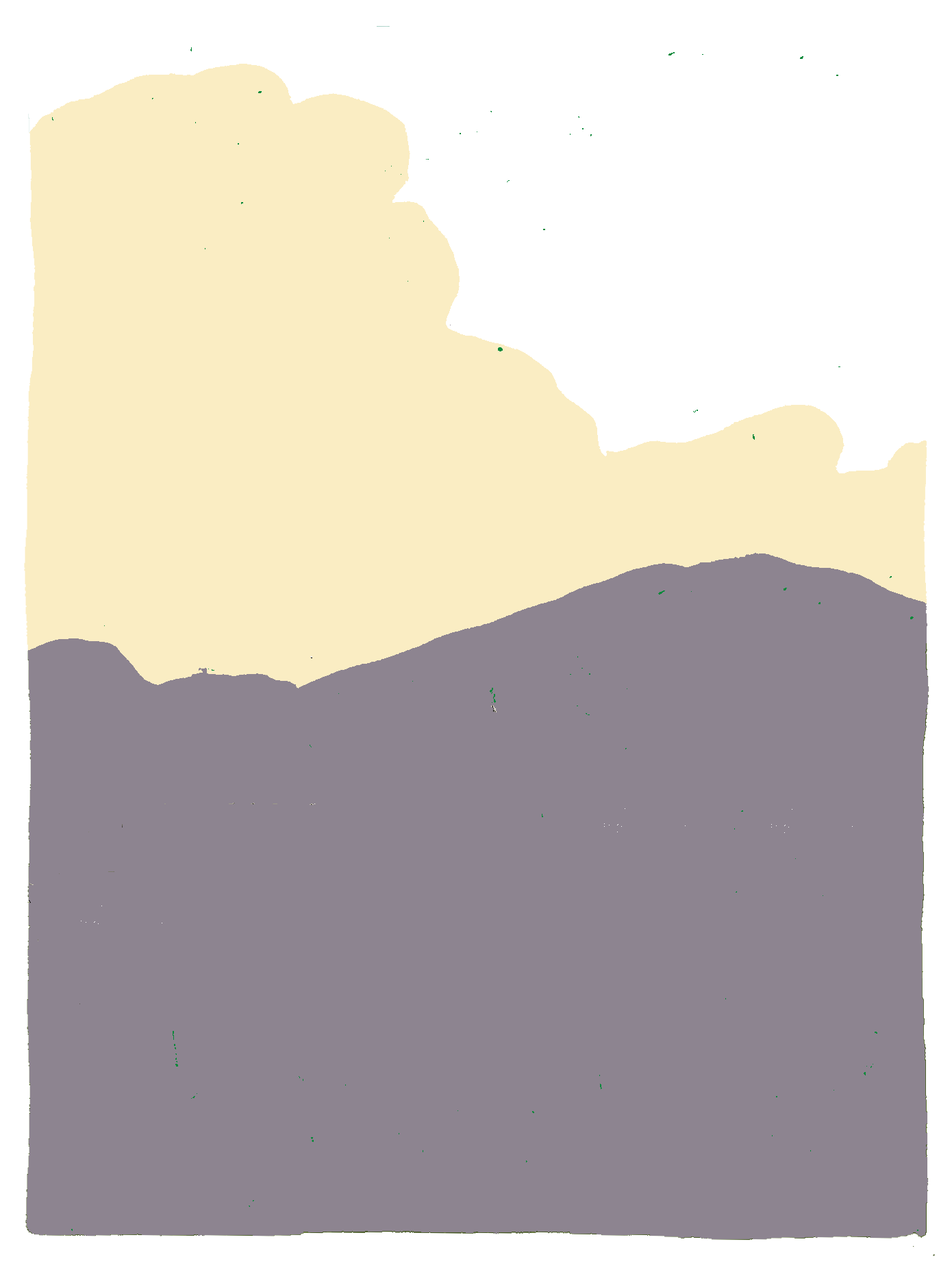
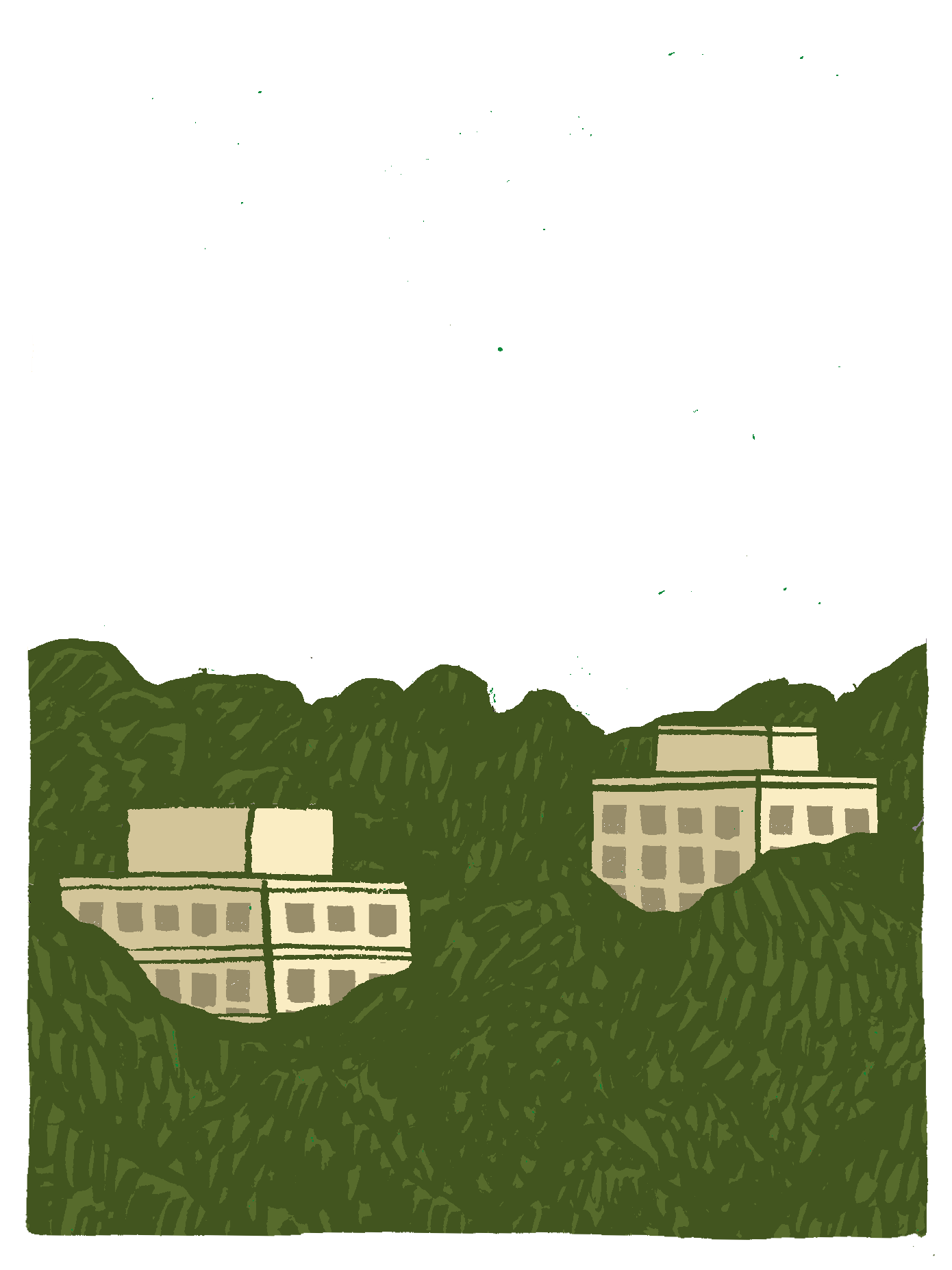

If there’s a soundtrack to accompany the sort of slower living so many
of us have been nudged towards this year, it’s the resounding birdsong.
If there’s a soundtrack to accompany the sort of slower living so many of us have been nudged towards this year, it’s the resounding birdsong.
Crows catch a break on my window grill. Oriental magpie robins
fly past. A purple sunbird chirps loudly on a tree down below.
If you look closely, even in a city like Mumbai, you’ll find a world teeming
with wildlife, squished between soaring skyscrapers and a roaring sea.
If you look closely, even in a city like Mumbai, you’ll find a world teeming with wildlife, squished between soaring skyscrapers and a roaring sea.

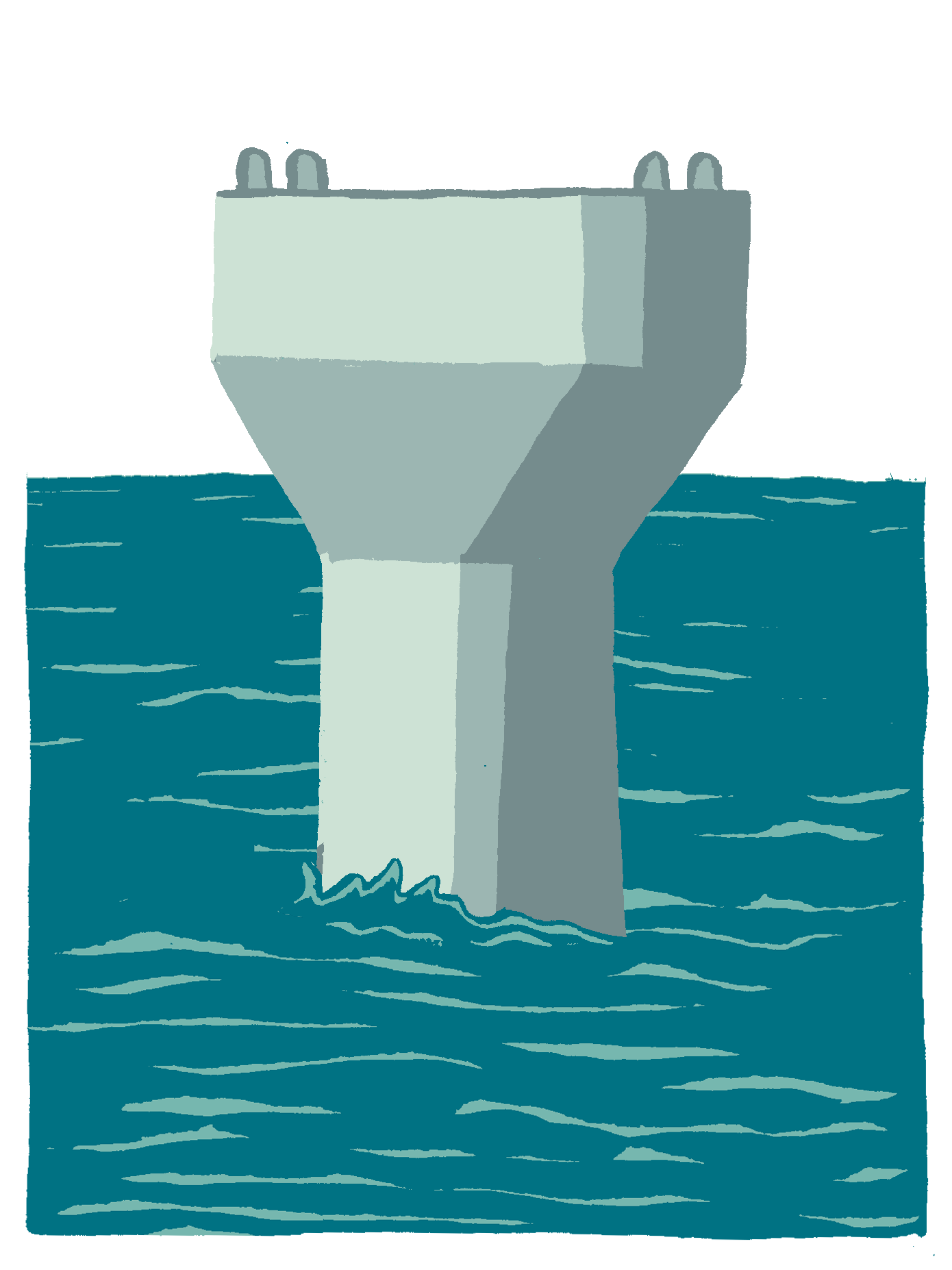


But it’s a fragile, fleeting world —
one that is quickly disappearing.
Construction and coal mines and new train tracks and hydroelectric
plants and metro car sheds are pitched as the need of the hour,
in places where vibrant ecosystems have held space for so long.
Construction and coal mines and new train tracks and hydroelectric plants and metro car sheds are pitched as the need of the hour, in places where vibrant ecosystems have held space for so long.
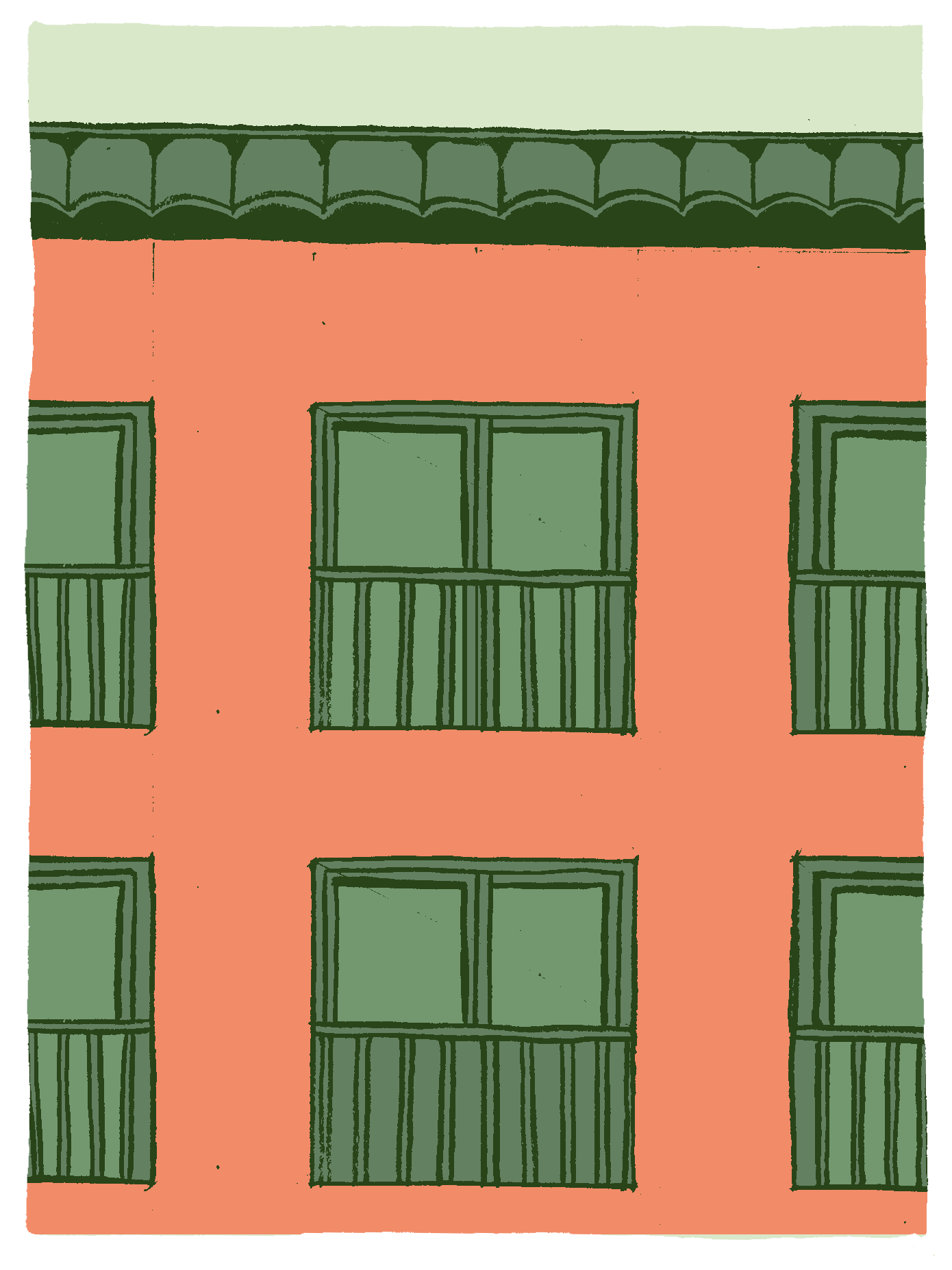
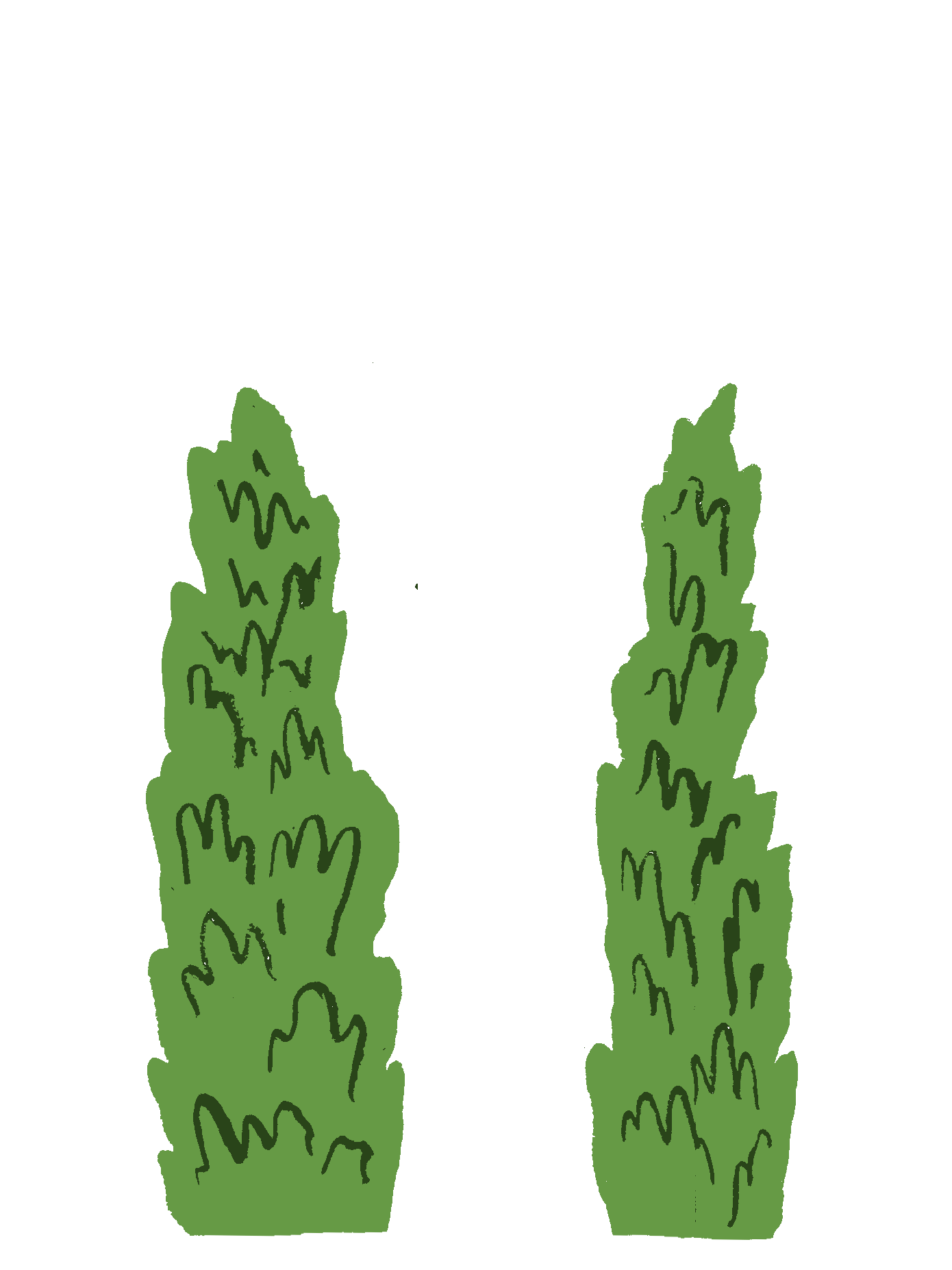
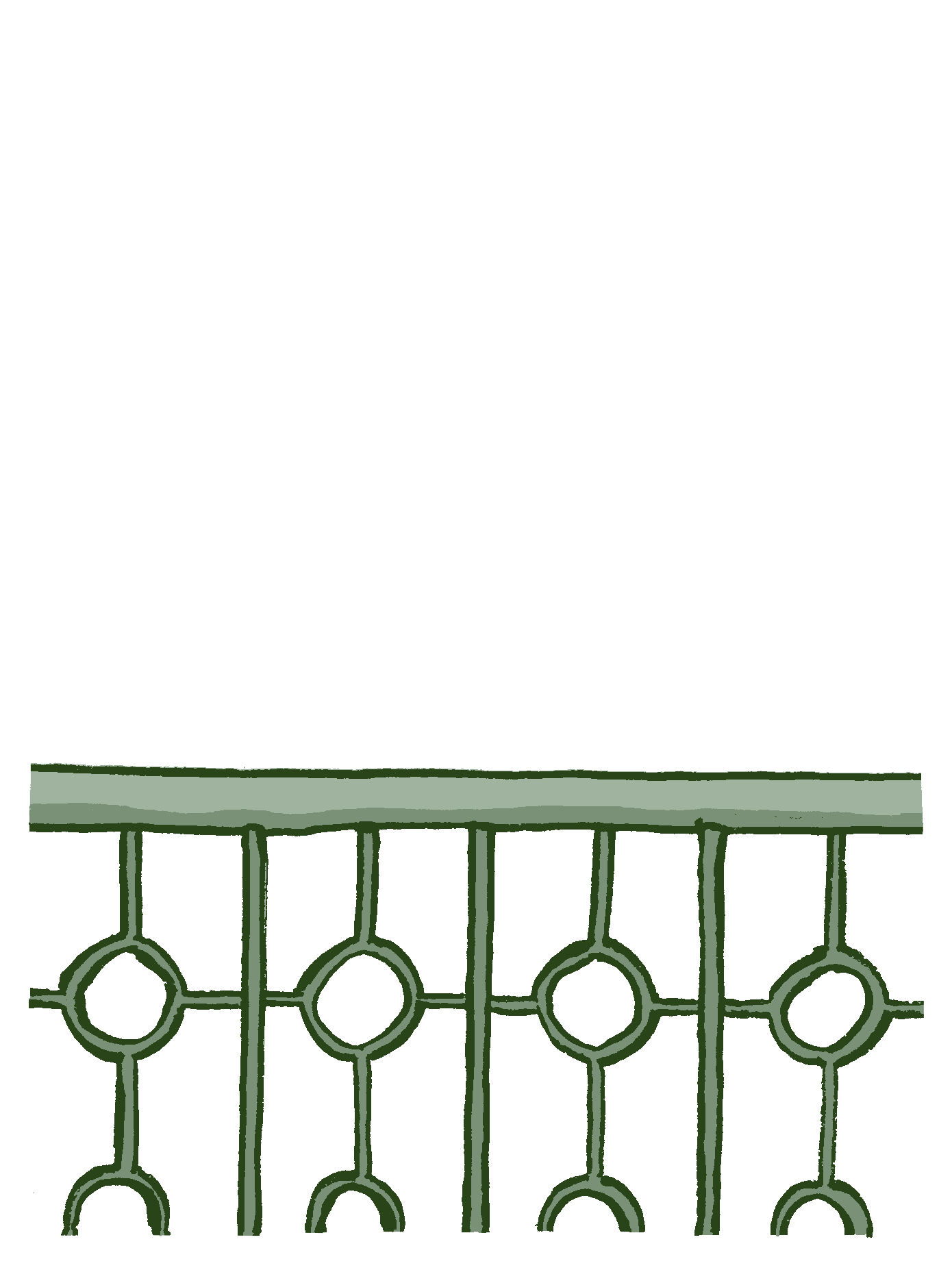

Even if we prioritise ourselves, do we not realise
how much we rely on these ecosystems?
“At what cost?” is a question I’ve been asking myself repeatedly.
“At what cost are we letting our planet go to pieces?”

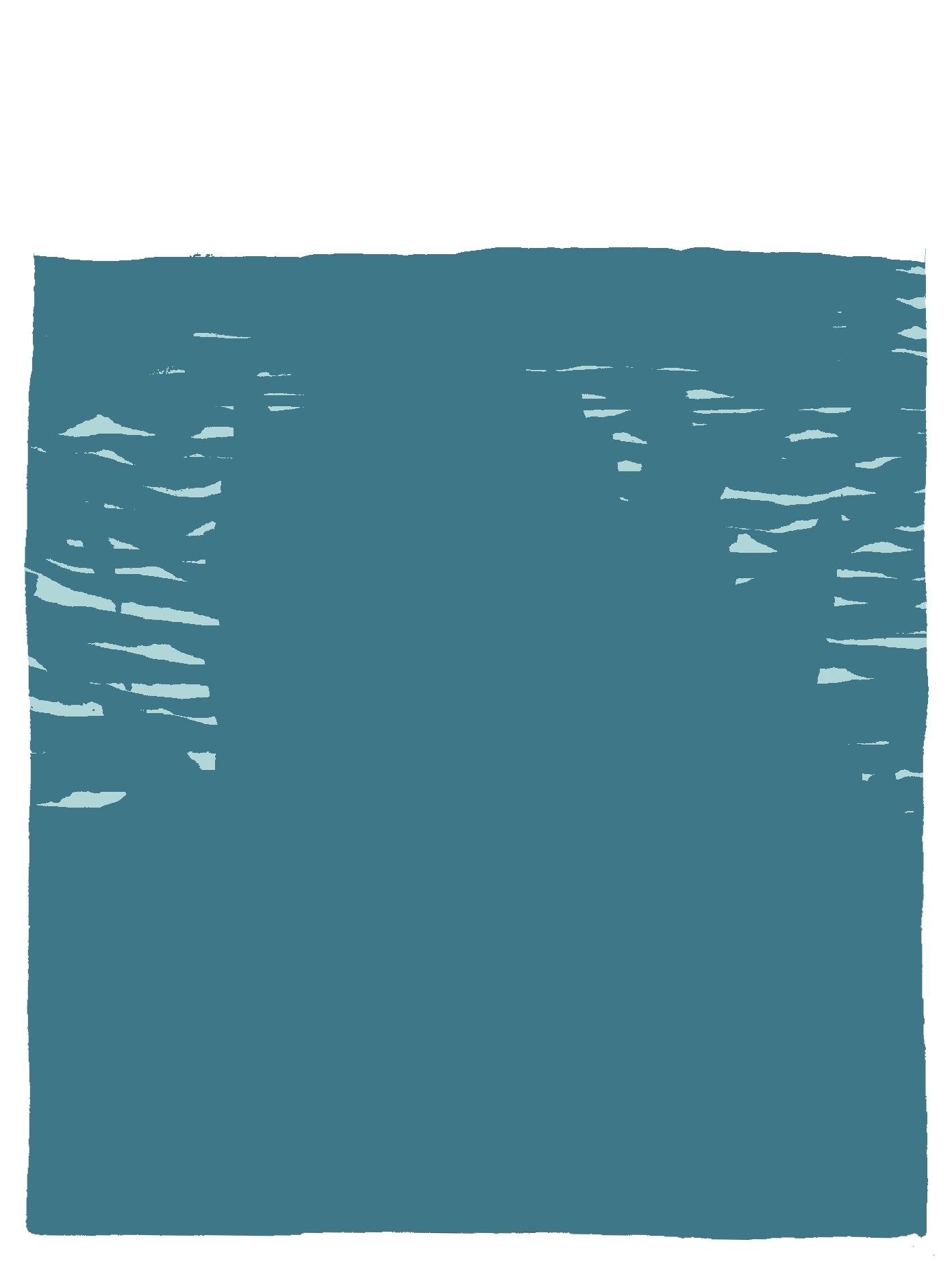
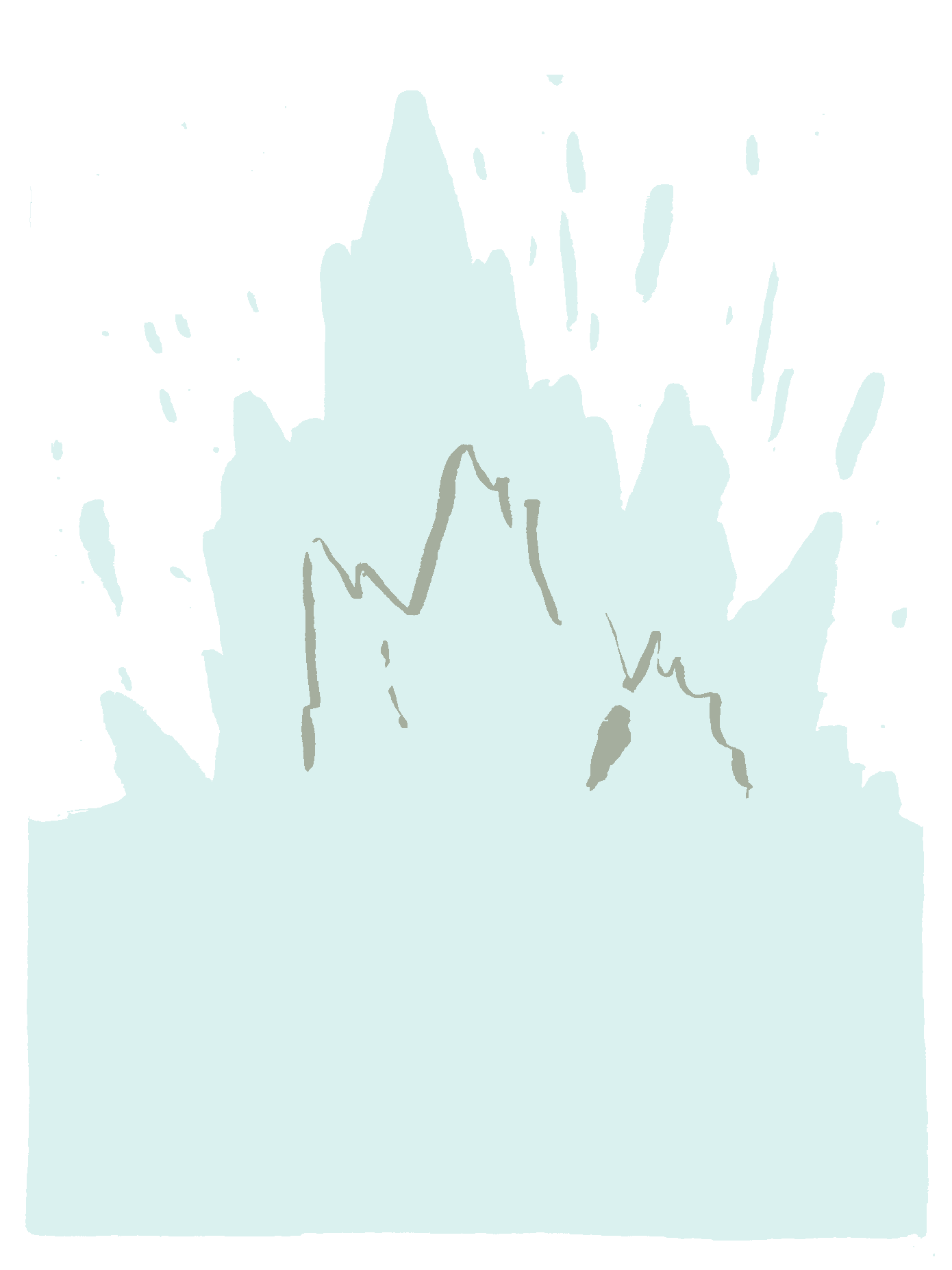
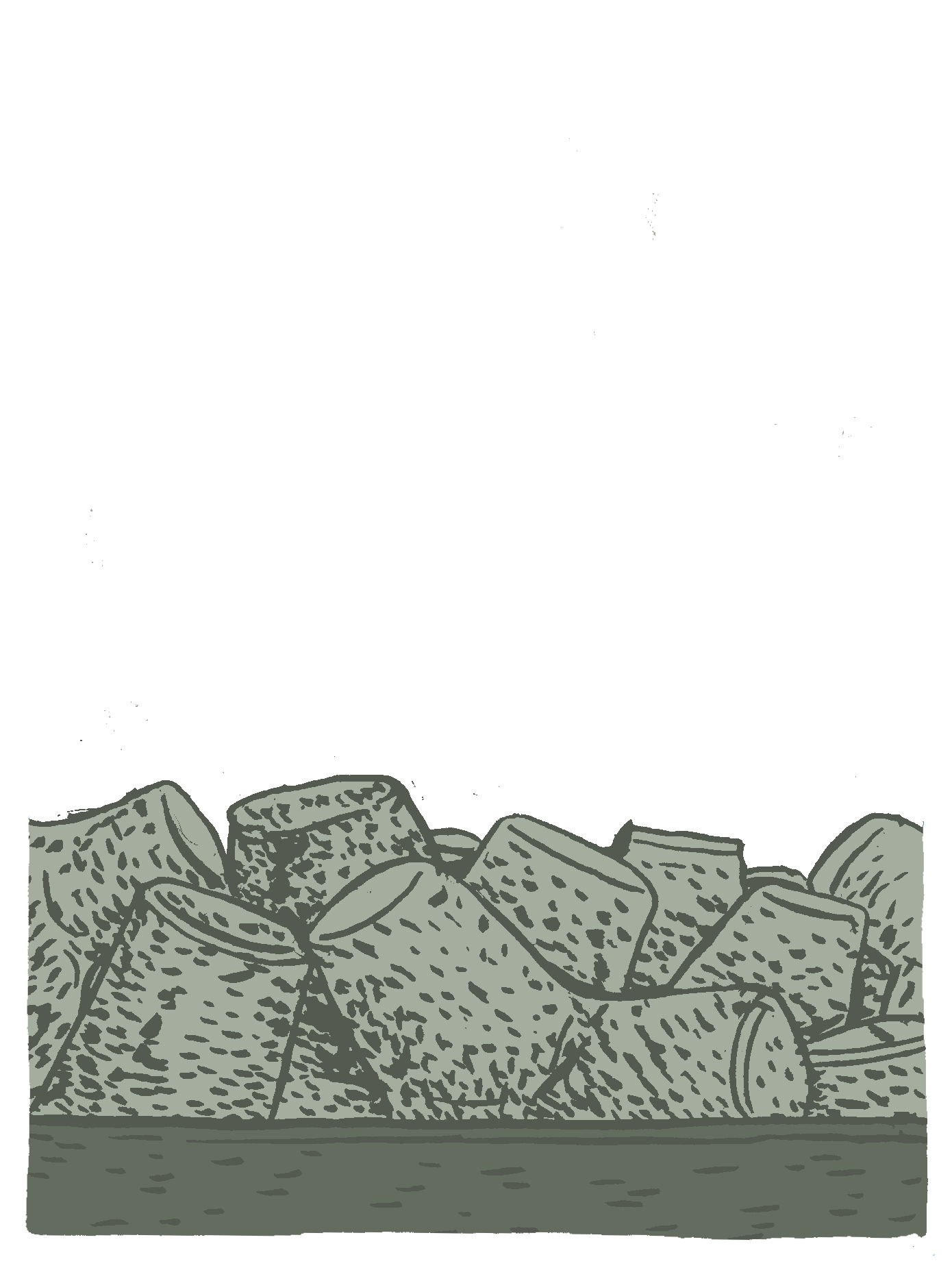

Much like romantic heartbreak, it’s also often coupled with
a seething anger. A rage that makes my jaw clench and my body tense.
Much like romantic heartbreak, it’s also often coupled with a seething anger. A rage that makes my jaw clench and my body tense.
The sadness can be particularly
overwhelming on certain days.
Seeing barricades come up where waves would
break against tetrapods is like passing by
the home of an ex after a recent break-up.
It’s heartbreak and confusion and
a void that’s visceral, right in my gut.
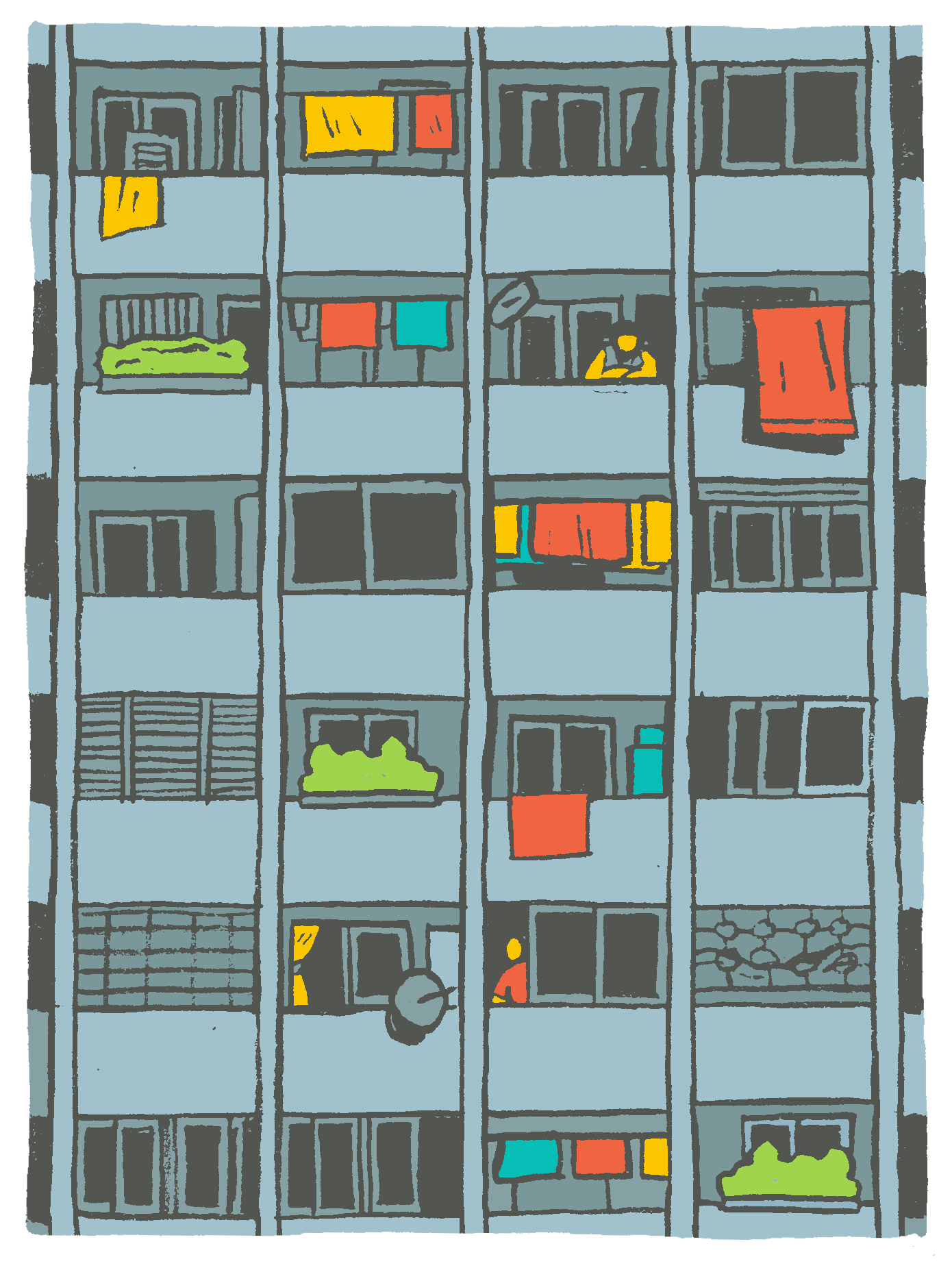

He explained the root of these emotions and
why many have a palpable ecological grief.
I’ve been trying to make sense of these feelings
and looking for words to articulate them.
Which is why I reached out to Professor Vivek Belhekar,
who teaches Conservation Psychology at Mumbai University.

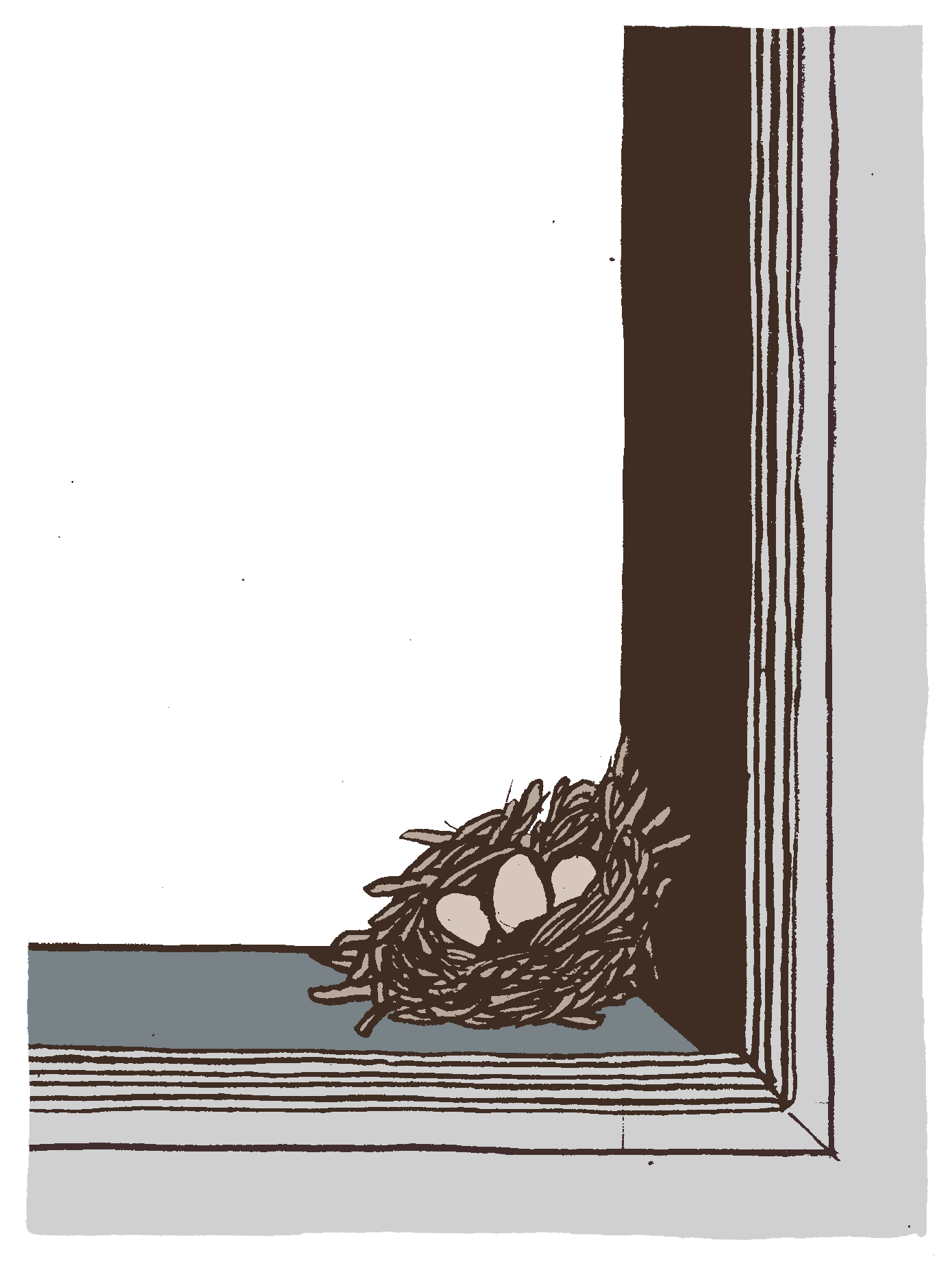



I suppose I’ve known for a while that my sense of well-being was closely
interlinked with nature. But I’d never connected those restorative moments
— in the mountains or with my toes in the sand — and this sadness.
I suppose I’ve known for a while that my sense of well-being was closely interlinked with nature. But I’d never connected those restorative moments — in the mountains or with my toes in the sand — and this sadness.
Losing something you care deeply about, he explained, will make
you grieve. This holds true of the environment and nature too.
It’s particularly relevant if your ‘environmental identity’ — or how closely
you connect and identify with the natural world — happens to be high.
It’s particularly relevant if your ‘environmental identity’ — or how closely you connect and identify with the natural world — happens to be high.
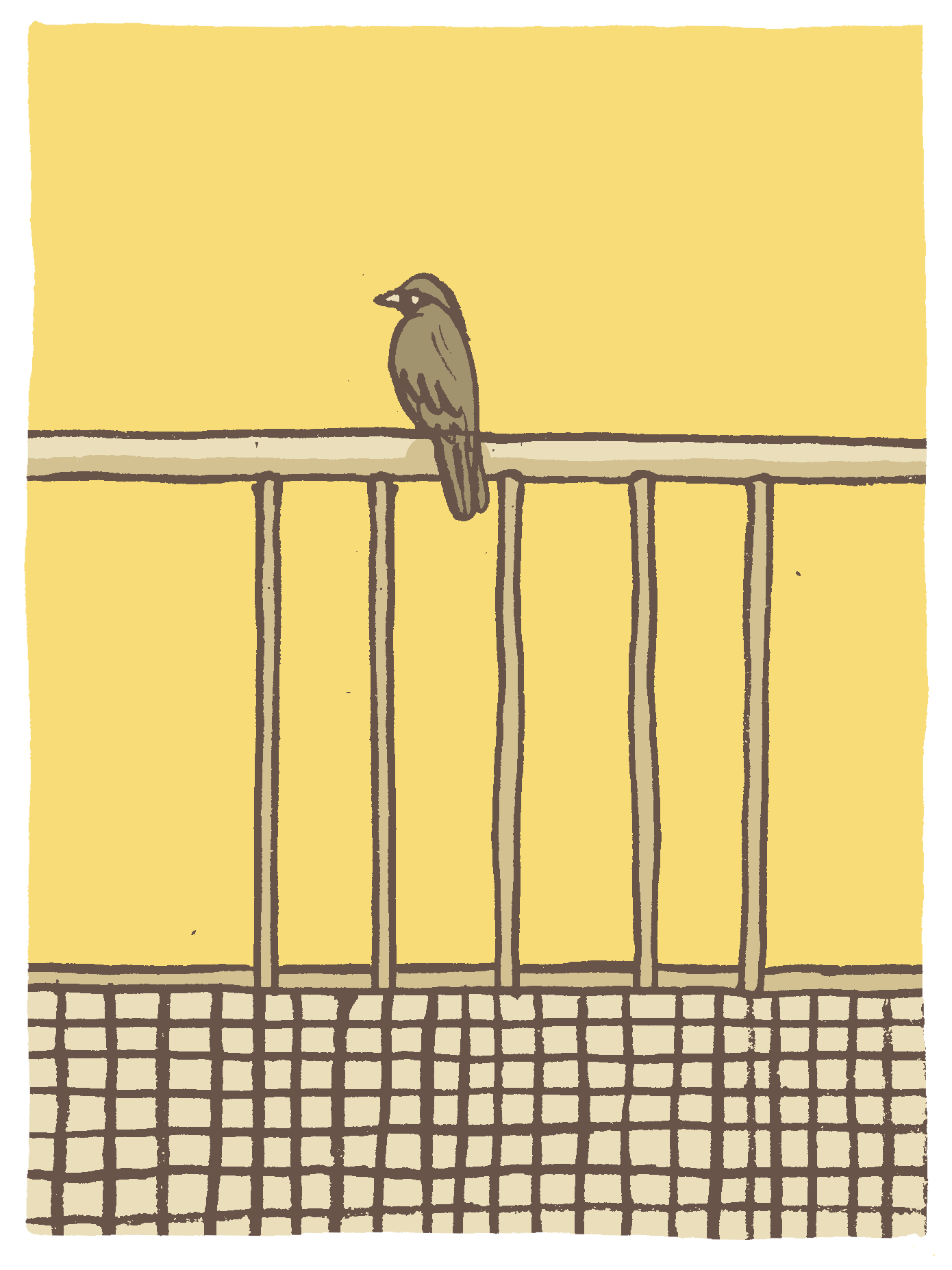
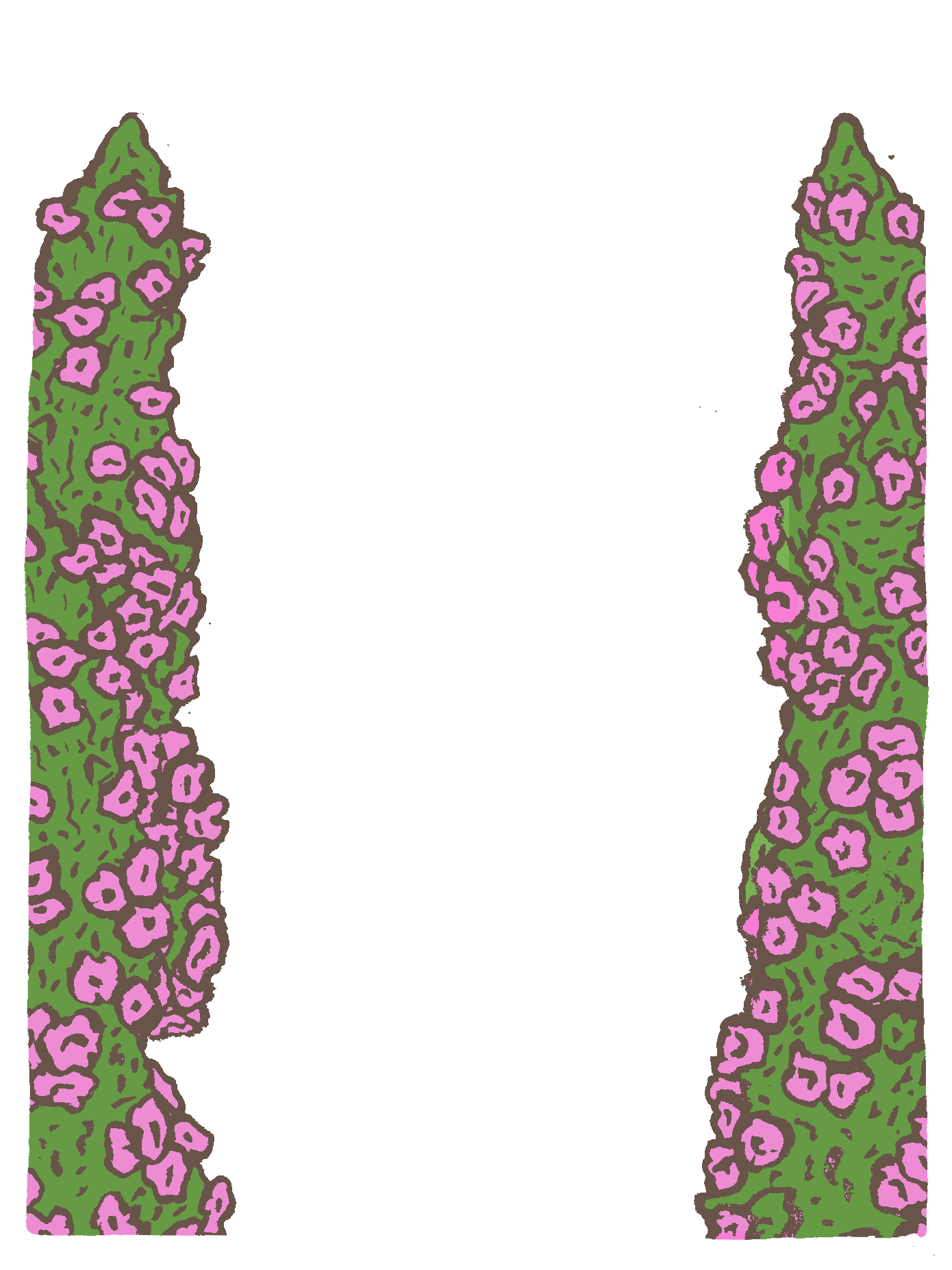
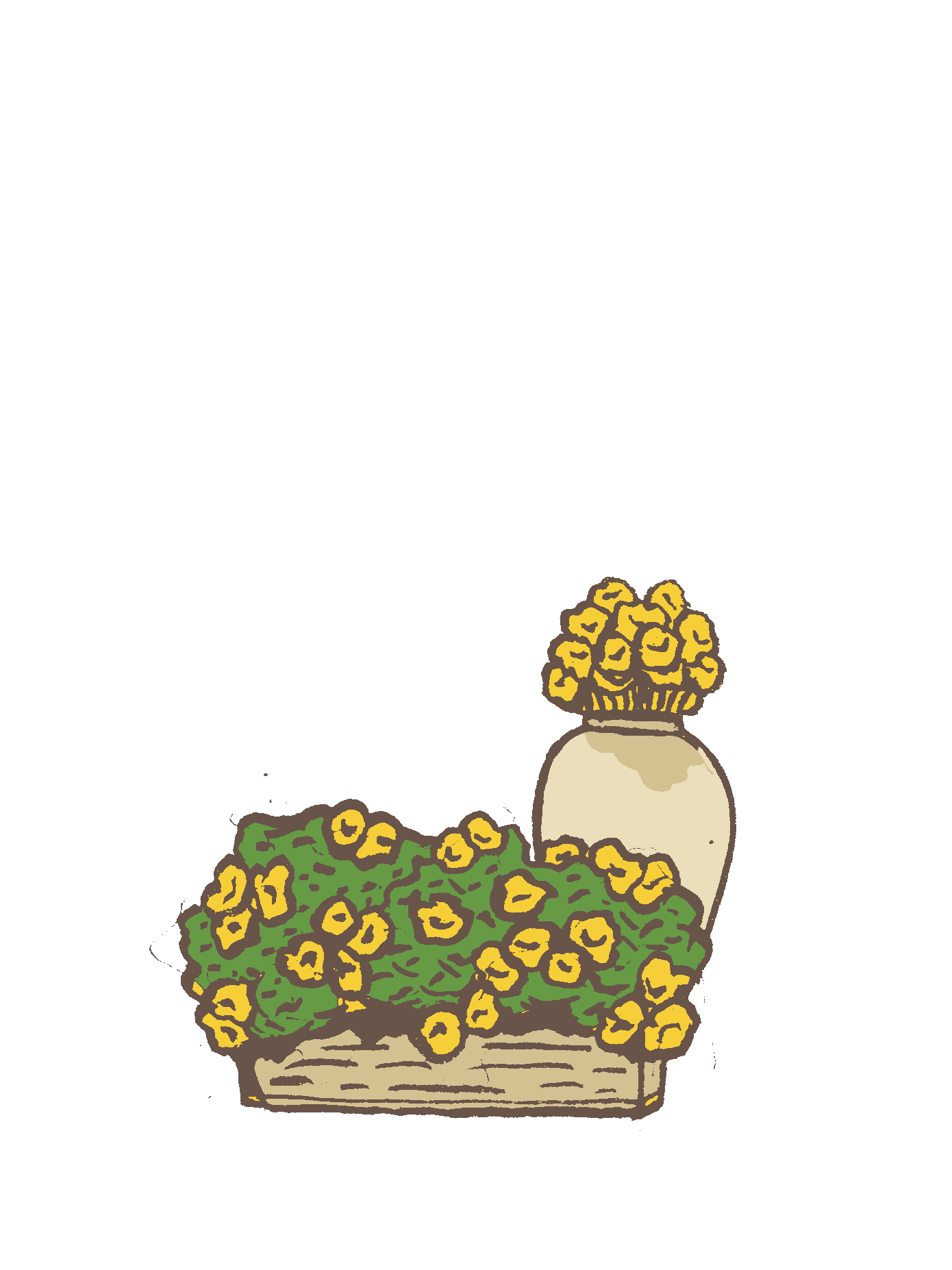

How can you deal with ecological grief? Professor Belhekar says that being proactive in your own way can help — whether that's making sustainable consumption choices, creating awareness or being part of a bigger movement. Talking to a therapist may also help.
How can you deal with ecological grief? Professor Belhekar says that being proactive in your own way can help — whether that's making sustainable consumption choices, creating awareness or being part of a bigger movement. Talking to a therapist may also help.
It made me realise how comforting it can be to have a vocabulary
that includes words like ecological grief or ecoanxiety or climate
depression. It is the first step.

This story is part of Issue #2 of Big Little Things, a limited-edition magazine, produced and published by Paper Planes for UnLtd India, a launchpad for early-stage social entrepreneurs. Read more about this collaboration and UnLtd India here.
Fabiola Monteiro is Senior Editor at Paper Planes. She’s on Instagram at @fabiolamonteiro and on Twitter at @thefabmonteiro.
Madhav Nair is Senior Designer at Paper Planes. Most of his work as an illustrator and graphic artist is published under the pseudonym @deadtheduck.